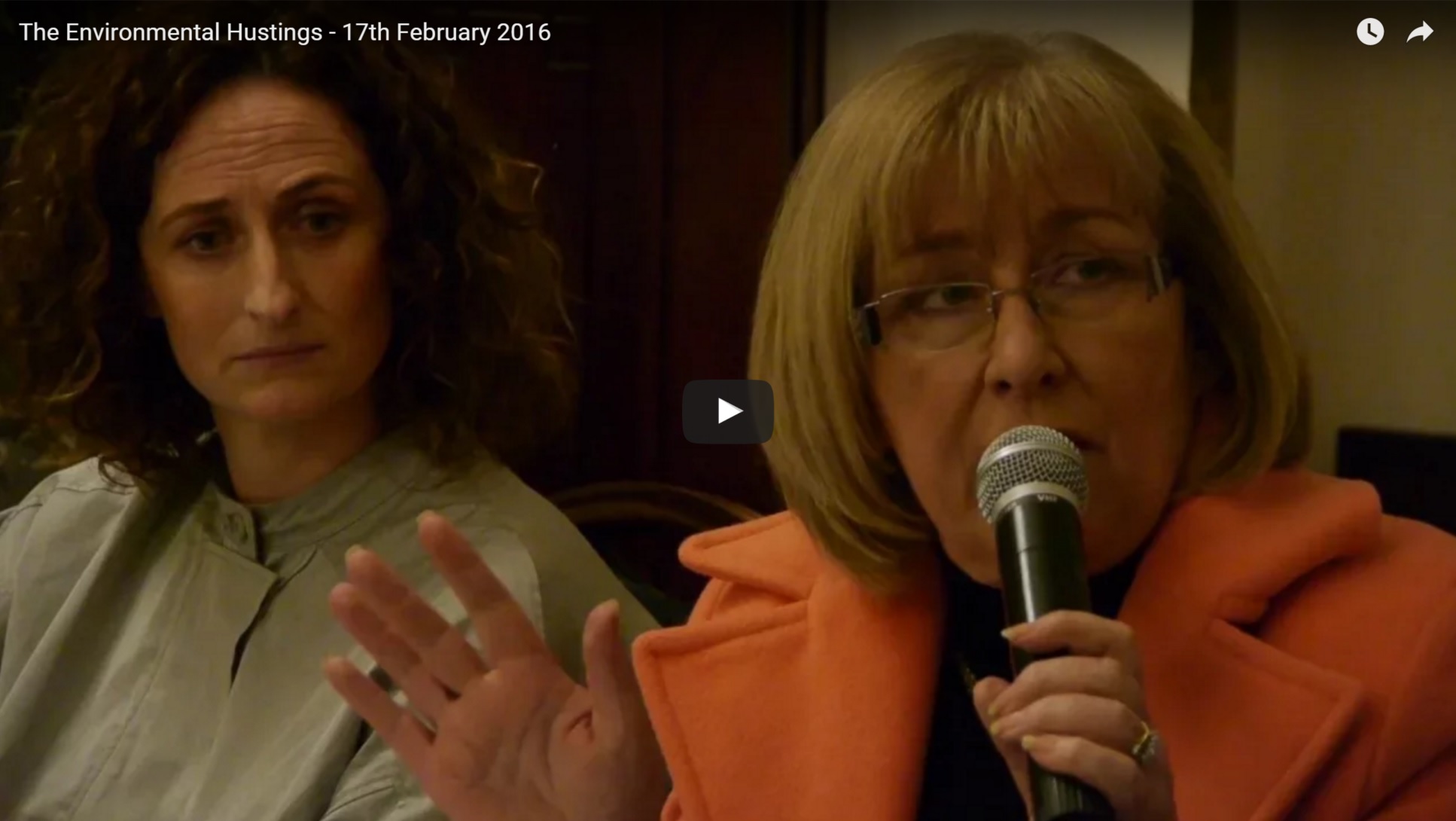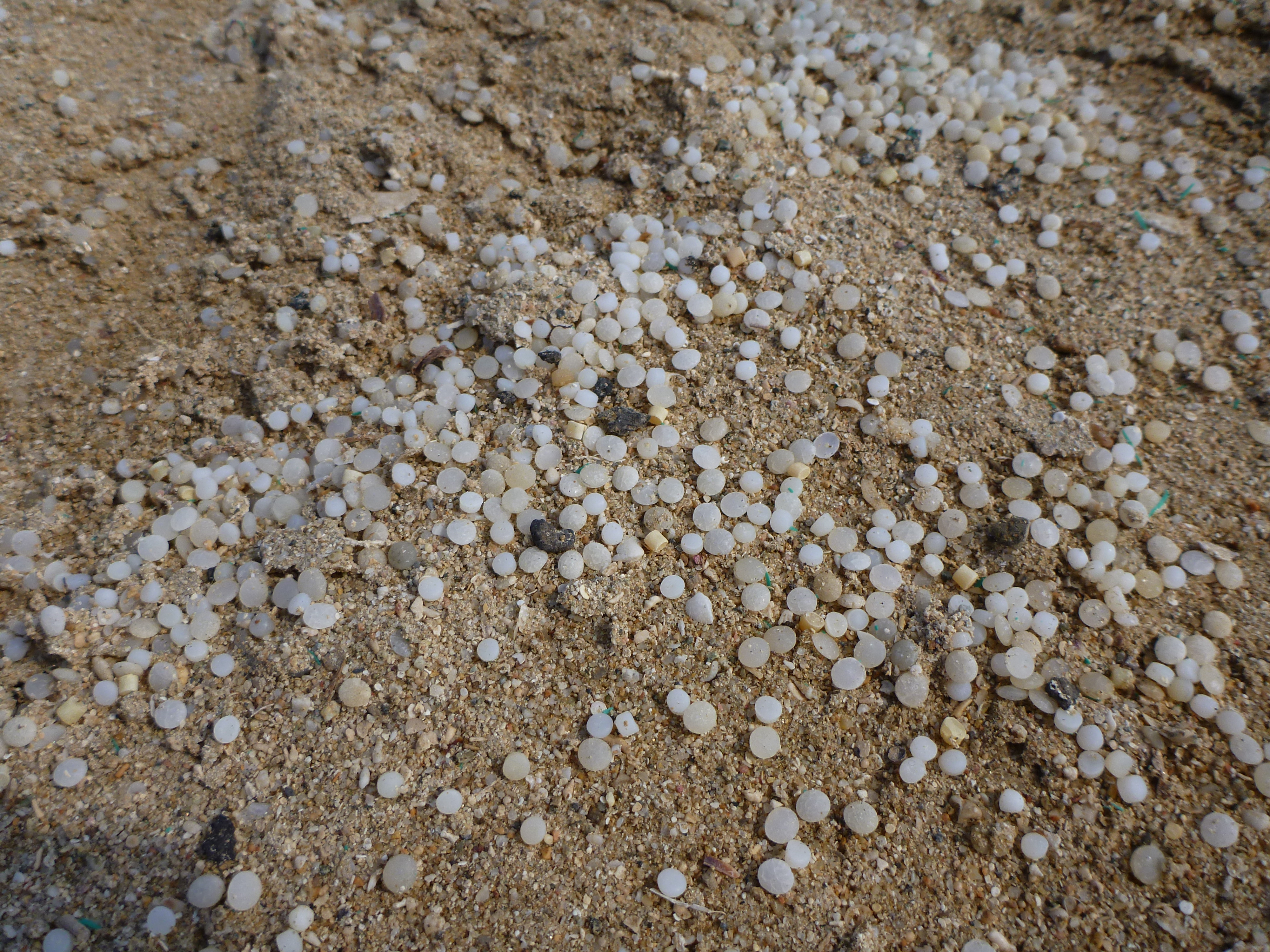Green/Left alliance needed for a Just Transition in tackling waste

24 September 2020
As I travelled up the quays to Liberty Hall earlier this month (it was the first time I had been in Dublin city centre since March), I was pleasantly surprised by what appeared to be an actual dedicated cycle lane.
The Greens are really making an impact, I thought to myself.
But my enthusiasm was short-lived as the ‘dedicated’ track seemed to disappear and it was back to the old tokenistic drawing of lines and bicycles on the road again.
Reading the Government’s new waste policy, ‘A Waste Action Plan for a Circular Economy’, I went through a similar emotional journey.
When I heard about the policy launch, I was taken aback that the Greens should choose to launch, so early on in this new administration’s term, what will surely be one of their flag-ship policies. They should take their time on this one, I thought to myself, and prioritise carbon emission reductions, surely.
As a long-suffering member of the Labour Party I am used to the abuse piled upon the smaller party in coalition governments and as such I am slow to criticise the actions of the smaller progressive party, but in reality there are very few concrete actions contained in this new policy.
The entire document is littered with aspiration, a case of ‘supporting’, ‘promoting’ and ‘examining’ and very little ‘doing’.
Minister Ryan claims there are over two hundred actions in the policy; he is of course correct, if ‘supporting’, ‘promoting’ and ‘examining’ are defined as actions.
The only section of the report which got any mainstream media coverage was the tax on ‘fast fashion’. The policy doesn’t actually commit to this, it states it “will promote eco-design and examine, over the medium to long-term, the potential role of economic instruments on fast fashion.”
This was quickly then seized upon by media commentators and the leader of the opposition to paint the Greens as out of touch with the reality of how working-class people live their lives.
Anyone on the Left could not disagree with the sentiments expressed by Minister Ryan in the Forward when he writes that the intent of the new policy is to “shift the focus away back up the product life cycle, to remove or design out harmful waste and to extend the life of products.”
This aspiration is to be praised, but it is very difficult to see how governments can take tangible actions to make it so, when our economic system is essentially built on the planned obsolescence of products.
It is at this juncture that Left and Green politics collide.
The Germanic Romantic roots of environmentalism and structuralist Marxist thinking are uneasy bed fellows. Capital is dependent on ever increasing growth, ever increasing commodification.
It is restless, it relies on creative destruction as its life force. A deeper structural analysis of the forces at play would surely give rise to a very different policy response than that which is on display in Minister Ryan’s paper in dealing with the phenomenon of waste.
A synthesis of sorts between Left and Green thinking has emerged in recent years with the concept of ‘Just Transition’. A term which, originated within the labour movement to denote the necessity to address the needs of workers who would lose their jobs in carbon-dependent industries in the transition to a carbon-neutral future, was subsequently adopted by the Green movement and has now latterly gone mainstream.
And with its mainstreaming, I think that it has, regrettably, lost much of its potency.
The new waste policy does not address the pay and conditions of workers in the waste industry (who are among the most poorly paid in the state). Indeed, the issue of worker welfare is totally absent from the document.
Nor does it address the greatest structural flaw in the organisation of our waste collection services, namely that almost 1 in 4 households have no domestic waste collection service at all.
Ireland is the only country in the EU that has ‘side by side’ competition between service providers within a single local authority area. In every other country there is either direct provision of the service by the local authority or a tendering process for the entire local authority ‘market’.
This tendering process builds in service-quality thresholds which providers must meet. Our model for domestic waste collection leads to a situation whereby the workers in the industry ultimately pay the cost for a dysfunctional market.
Our city streets are blocked up every morning with multiples of the trucks actually required to collect our waste, while vast tracks of the country have no collection service providers at all.
City terraces are adorned with multiples of bins when every other city in Europe has communal bins into which city dwellers deposit their waste. The state spends a fortune in cleaning up and prosecuting illegal dumping.
In total, three separate state agencies are charged with the task: Local Authorities, Waste Enforcement Regional Lead Authorities (WERLAs) and the Environmental Protection Agency (EPA).
SIPTU has longed called for the eradication of ‘side by side’ competition and the re-municipalisation of domestic waste collection services. It is only by a process of de-commodification can we ultimately reduce waste. This is the route to a greener planet.
The first practical step to de-commodification is through the eradication of ‘side by side’ competition.
SIPTU has sought a meeting with the Minister in order to ensure that any new waste management bill provides for this structural change. If the state took primary responsibility for the collection of waste we wouldn’t need myriad state agencies to clean up after ‘market failure’.
If we are to find a way through this existential crisis which is climate change, it will ultimately be via a dialectic engagement between the best of Left and Green traditions.
A synthesis of unions’ concerns for social and economic justice, married with environmentalists’ fears for the future of the planet, holds out the promise of a social movement greater than the sum of its existing parts.
As Marx argued, the best way to proceed when faced with a difficulty is “to rub together conceptual blocks in such a way that they catch fire”.
Greater interaction between our movements would have produced and can still achieve a policy response to waste greater than the sum of our two traditions.
Adrian Kane is a Divisional Organiser with SIPTU. He heads up the Public Administration & Community Division of the Union which represents over 30,000 public sector and community Workers across the island.






